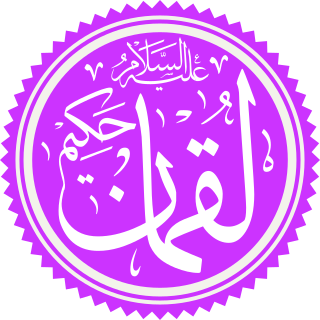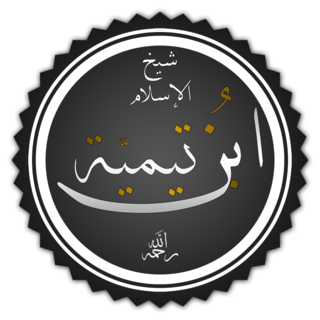A Quote by Luqman
Four things will shame the students of knowledge: Criticizing people, praising themselves, not teaching the knowledge,and not practicing what they know.
Related Quotes
Despite popular theories, I believe people fall in love based not on good looks or fate but on knowledge. Either they are amazed by something a beloved knows that they themselves do not know; or they discover a common rare knowledge; or they can supply knowledge to someone who's lacking. Hasn't everyone found a strange ignorance in someone beguiling? . . .Nowadays, trendy librarians, wanting to be important, say, Knowledge is power. I know better. Knowledge is love.
Teachers and students (leadership and people), co-intent on reality, are both Subjects, not only in the task of unveiling that reality, and thereby coming to know it critically, but in the task of re-creating that knowledge. As they attain this knowledge of reality through common reflection and action, they discover themselves as its permanent re-creators.
For some students, especially in the sciences, the knowledge gained in college may be directly relevant to graduate study. For almost all students, a liberal arts education works in subtle ways to create a web of knowledge that will illumine problems and enlighten judgment on innumerable occasions in later life.
This society in which knowledge workers dominate is in danger of a new "class conflict" between the large minority of knowledge workers and the majority of workers who will make their livings through traditional ways, either by manual work... or by service work. The productivity of knowledge work - still abysmally low - will predictably become the economic challenge of the knowledge society. On it will depend the ability of the knowledge society to give decent incomes, and with them dignity and status, to non knowledge people.
Knowledge is power." Rather, knowledge is happiness, because to have knowledge - broad, deep knowledge - is to know true ends from false, and lofty things from low. To know the thoughts and deeds that have marked man's progress is to feel the great heart-throbs of humanity through the centuries; and if one does not feel in these pulsations a heavenward striving, one must indeed be deaf to the harmonies of life.
The production of knowledge in schools today is instrumental, wedded to objective outcomes, privatized, and is largely geared to produce consuming subjects. The organizational structures that make such knowledge possible enact serious costs on any viable notion of critical education and critical pedagogy. Teachers are deskilled, largely reduced to teaching for the test, business culture organizes the governance structures of schooling, knowledge is viewed as a commodity, and students are treated reductively as both consumers and workers.
We have heard of a Society for the Diffusion of Useful Knowledge. It is said that knowledge is power, and the like. Methinks there is equal need of a Society for the Diffusion of Useful Ignorance, what we will call Beautiful Knowledge, a knowledge useful in a higher sense: for what is most of our boasted so-called knowledge but a conceit that we know something, which robs us of the advantage of our actual ignorance? What we call knowledge is often our positive ignorance; ignorance our negative knowledge.
Seek (beneficial) knowledge,
because seeking it for the sake of Allaah is a worship.
And knowing it makes you more God-fearing;
and searching for it is jihad,
teaching it to those who do not know is charity,
reviewing and learning it more is like tasbeeh.
Through knowledge Allaah will be known and worshiped.
The ultimate test of my understanding of the scriptural teaching is the amount of time I spend in prayer. As theology is ultimately the knowledge of God, the more theology I know, the more it should drive me to seek to know God. Not to know about Him but to know Him! The whole object of salvation is to bring me to knowledge of God. If all my knowledge does not lead me to prayer there is something wrong somewhere.
Teaching, like any truly human activity, emerges from one's inwardness, for better or worse. As I teach I project the condition of my soul onto my students, my subject, and our way of being together. The entanglements I experience in the classroom are often no more or less than the convolutions of my inner life. Viewed from this angle, teaching holds a mirror to the soul. If I am willing to look in that mirror and not run from what I see, I have a chance to gain self-knowledge-and knowing myself is as crucial to good teaching as knowing my students and my subject.































